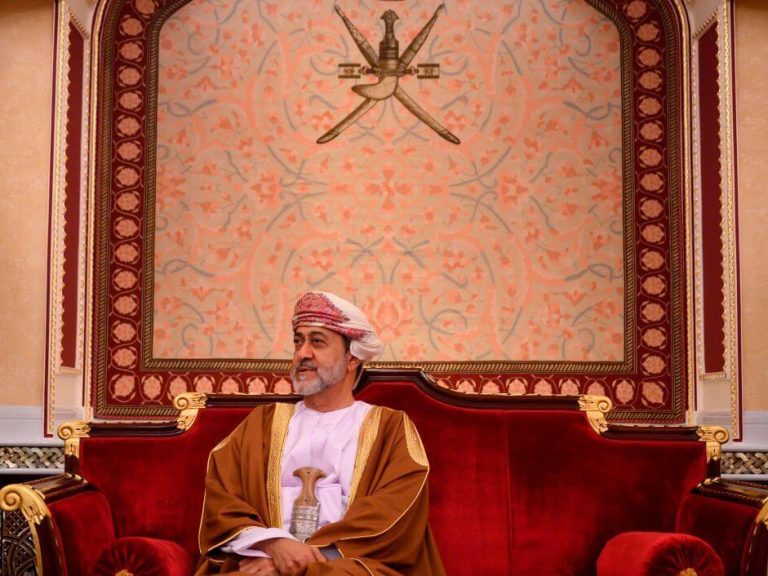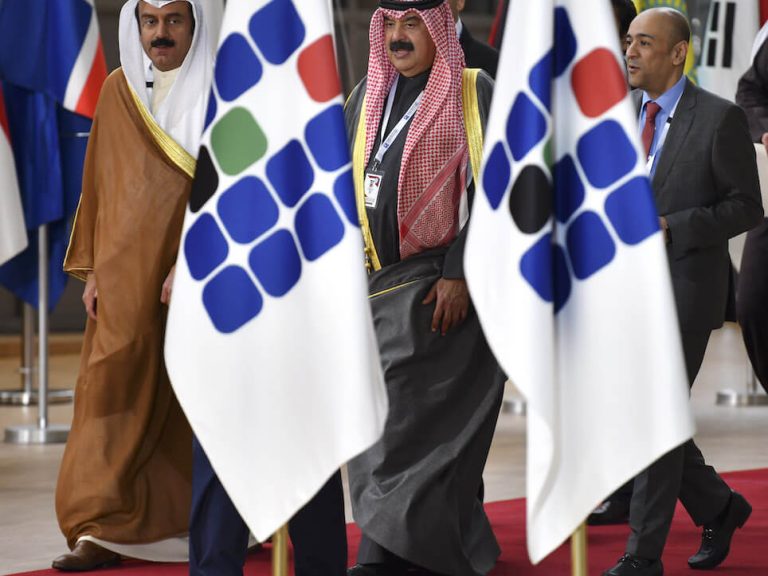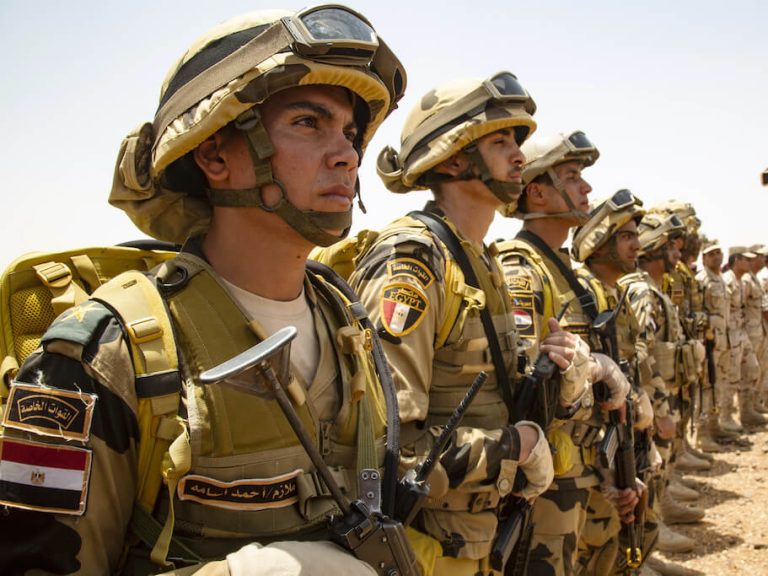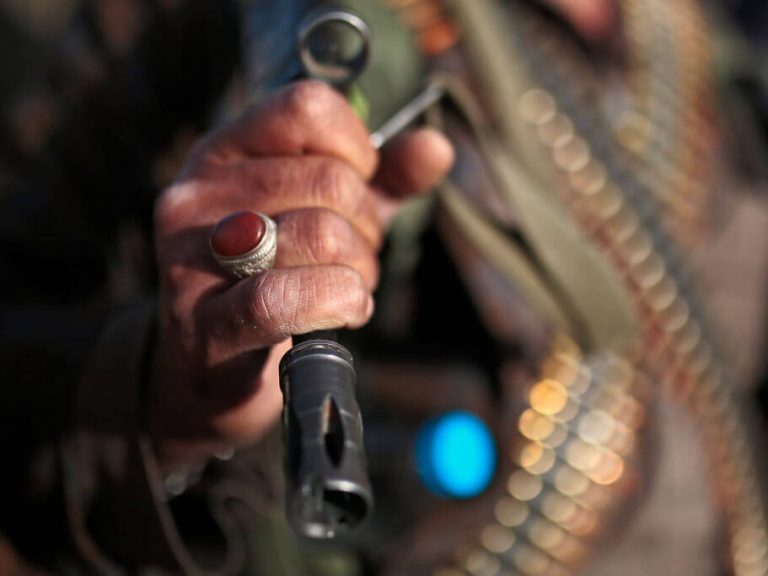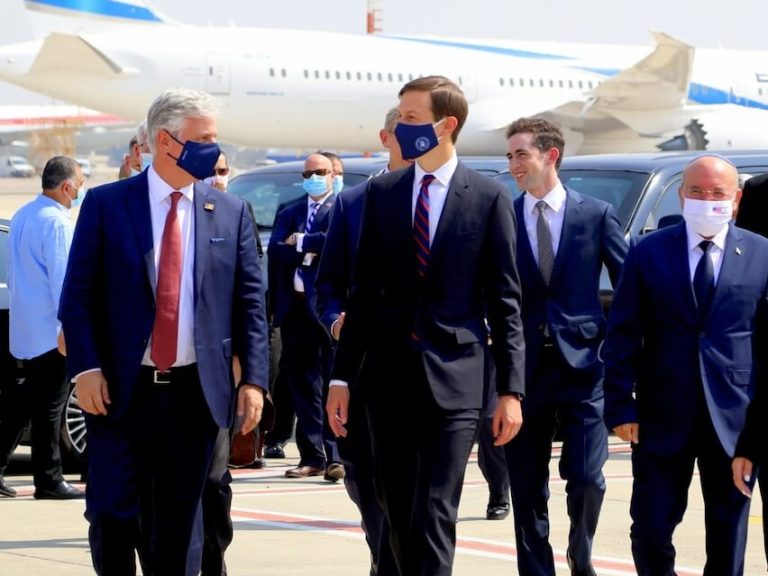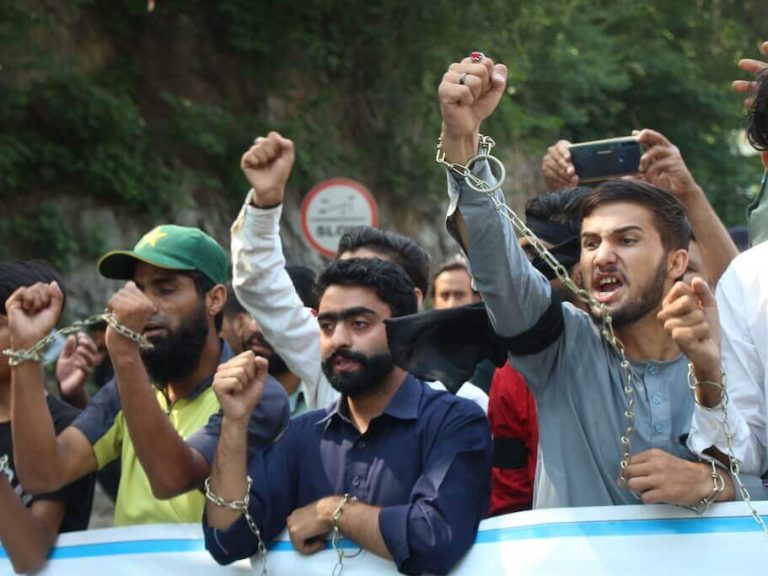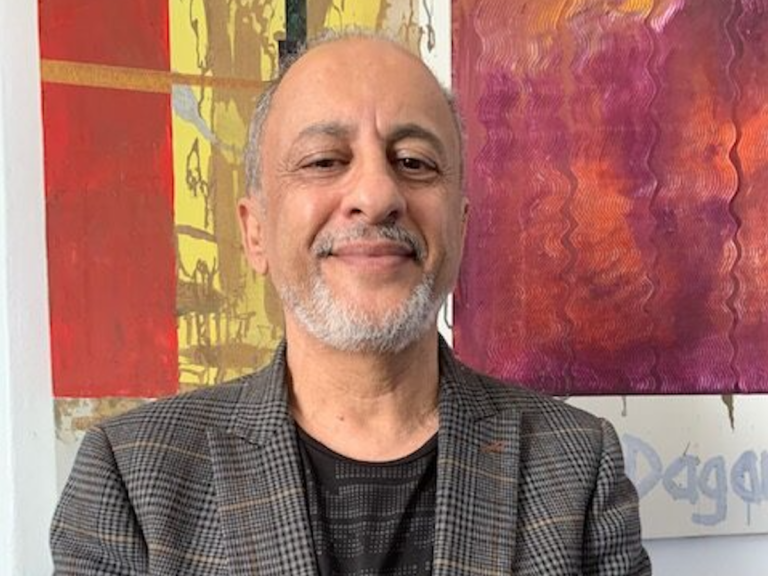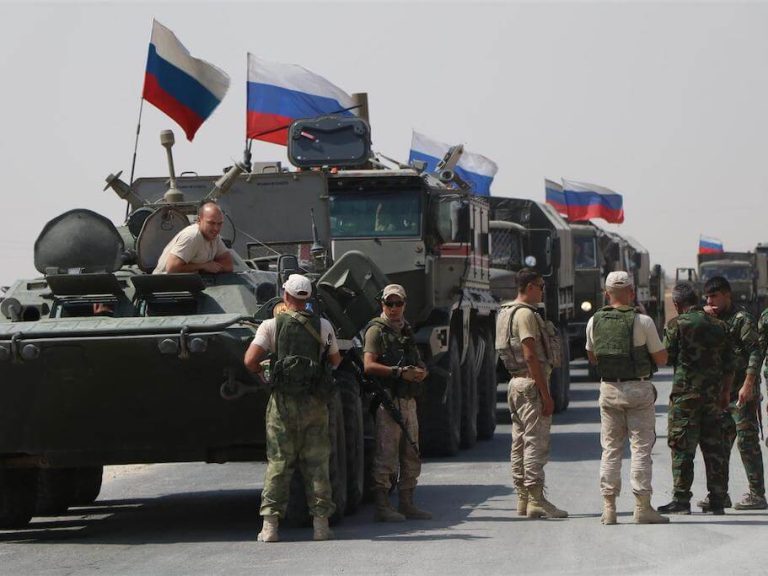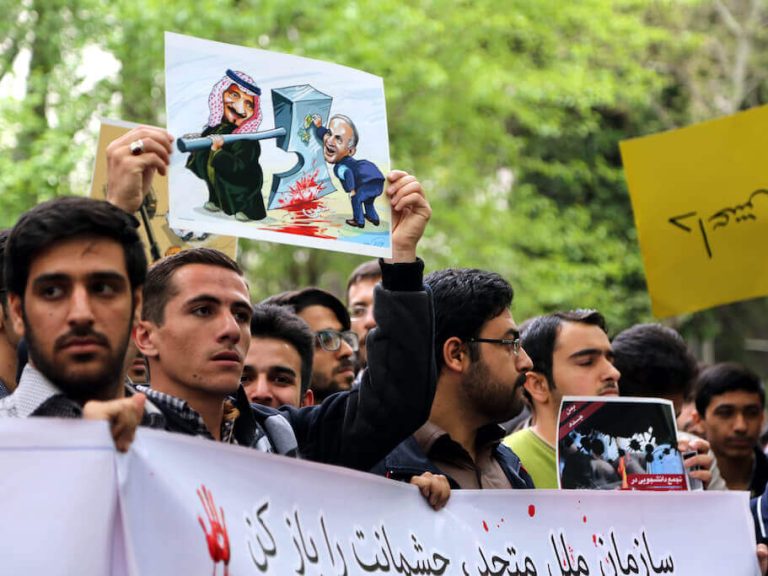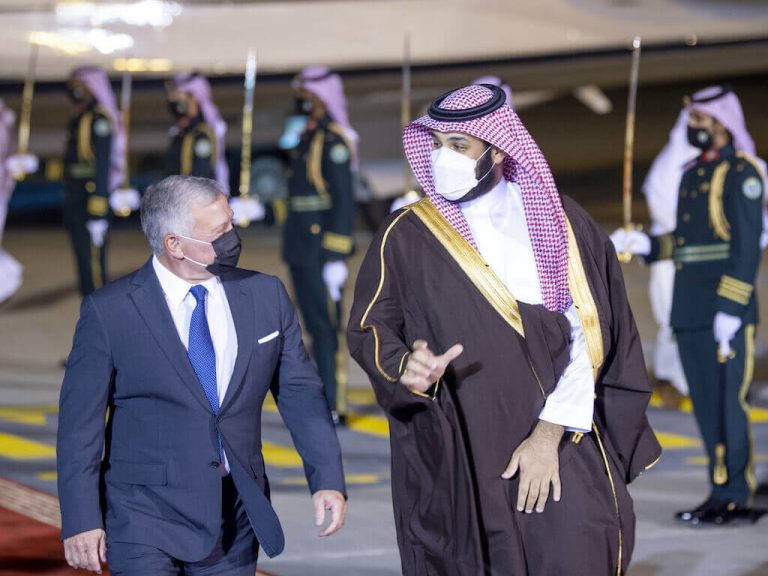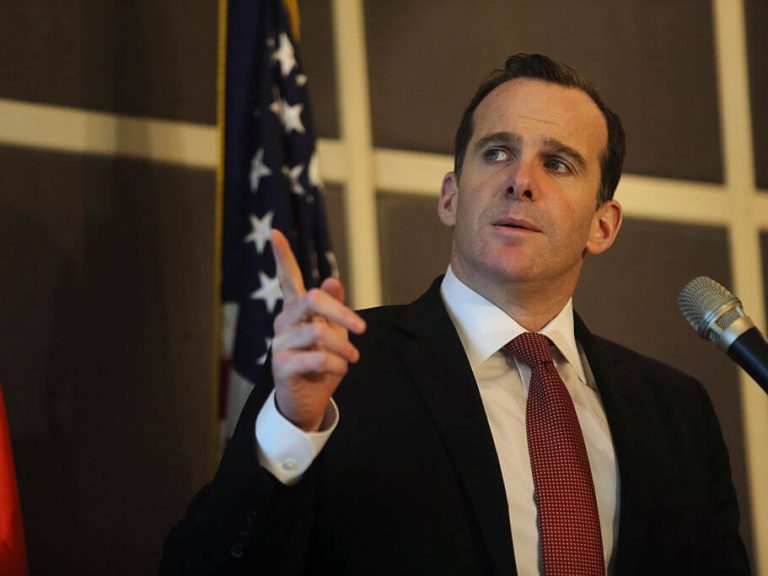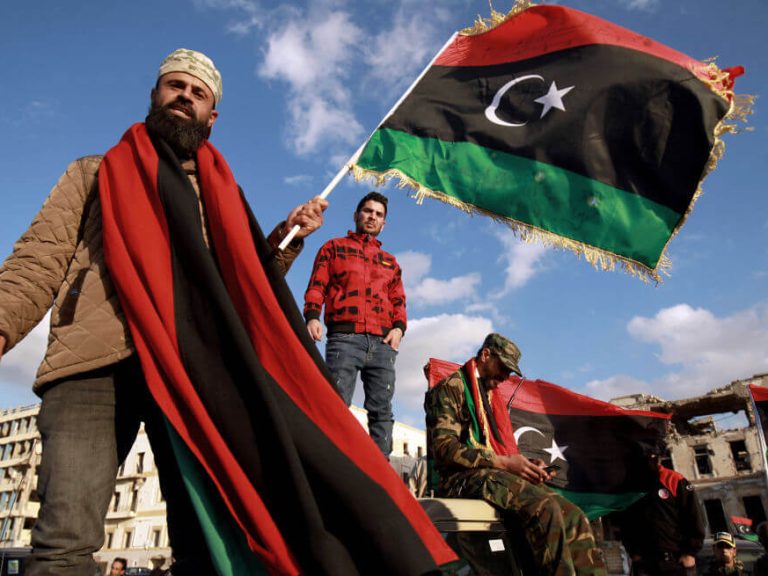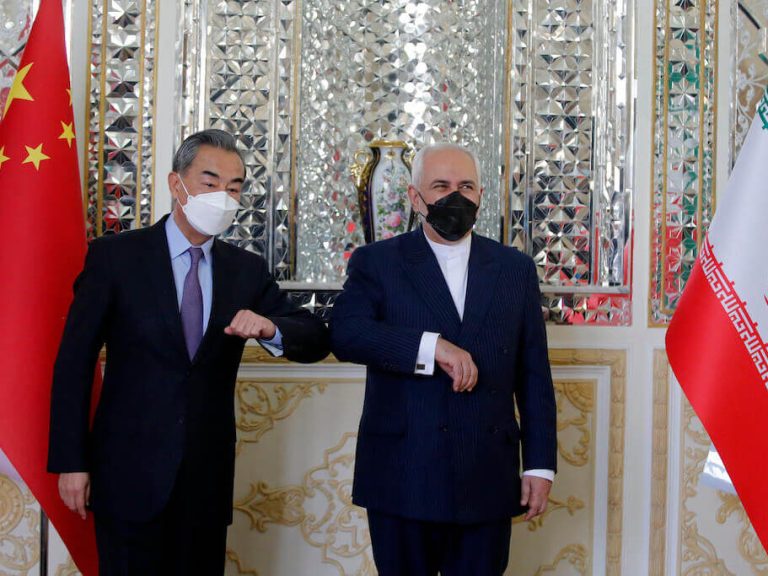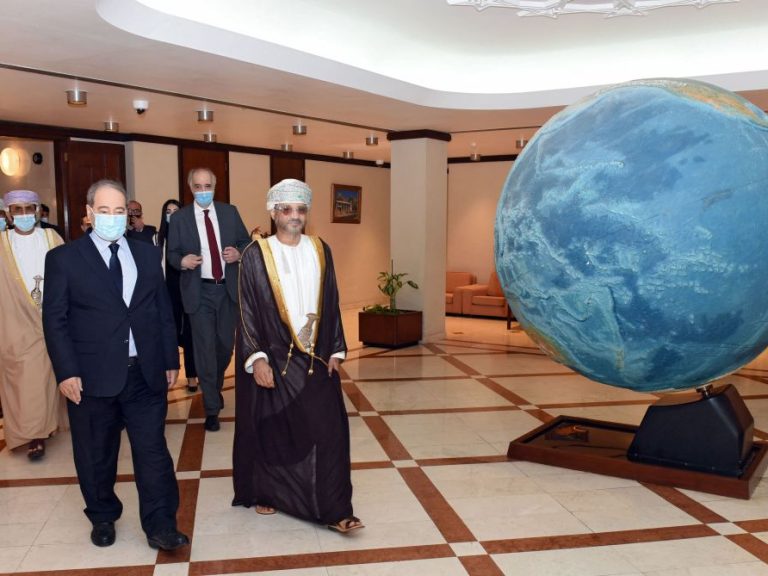In addition to domestic dynamics shaping Oman’s regional relationships, the GCC as a whole is reconfiguring its alignments after the Al-Ula Accord ended the GCC crisis in January 2021 that divided Bahrain, Saudi Arabia, and the UAE from Qatar, thereby creating greater freedom for these states to enter into agreements without considerations of the boycott of Qatar.
GCC-Damascus Rapprochement Can Pit Syria Against Turkey Even Further
ollowing the First Gulf War, the foreign ministers of Syria, Egypt, and the six members of the Gulf Cooperation Council (GCC), namely Saudi Arabia, Kuwait, Qatar, Bahrain, Oman, and the United Arab Emirates (UAE), met in Damascus and agreed on a new security cooperation initiative for the Gulf which came to be known as the “Damascus Declaration.
Returning to the Stage: Egypt’s Initiatives May Reshape East African Geopolitics
Ethiopia’s bid to fill its Grand Ethiopian Renaissance Dam (GERD) has alarmed downstream countries. Egypt has responded by cultivating ties…
To End the Civil War in Yemen, the Local Dimension is the Key: An Interview with Maysaa Shuja al-Deen
What is the picture of the south of Yemen?
We have an even more complicated picture in the south, given that there are more actors than in the north, such as the UAE-backed Southern Transitional Council (STC).
Cryptocurrencies in the Middle East: Investment Surrounded by Risk
In the Middle East, the central banks from Saudi Arabia and UAE are working together on a blockchain technology project called Project Aber.
Will the Biden Administration Continue Trump’s Abraham Accords Legacy?
While the international community did its best to portray a rift with the US under former President Donald Trump, the likelihood is that world leaders participated in a debacle that was revealed when the normalization agreements between the UAE and Israel were announced.
The Great Reconfiguration of Global Supply Chains
Germany, Pakistan, the UAE, Qatar, Hungary, Saudi Arabia, and Egypt keep their doors open to working with Huawei and ZTE to build their future communication infrastructure.
India and Pakistan: Are the Two Rivals Becoming Friends?
The deal was brokered with the assistance of the UAE.
Turkish-Egyptian Rapprochement: Dynamics, Prospects, and Expectations
With the vetoing of the participation of the UAE in the EMGF by Palestine, cracks are already emerging between the members of the initiative.
What the Return of Mercenaries Means for the World Politics
The UAE hired mercenaries to kill Houthis during the War in Yemen.
A Road Map to End Yemen’s War: An Interview with Abdul Galil Shaif
What we suggest is to bring a political-diplomatic solution with the heavyweights, such as the United States, Britain, Turkey, Saudi Arabia, the UAE and Iran, who would play an effective role in influencing the Houthis, the legitimate government, and the Southern Transitional Council (STC) together.
Russia in the Middle East: From Arms to Mercenaries
The exception to this rule includes some of the agreements between Russia and Saudi Arabia, Qatar, and the UAE.
Talks between Saudis and Iranians: Facts Speak Louder than Words
While considering the protests in Tunisia, Egypt, Yemen, Bahrain, and Libya as a phenomenon inspired by its Islamic Revolution of 1979, Iran regarded the mass protests in Syria and Iraq as a conspiracy initiated by its enemies: the Zionists, the West, and their regional allies like Saudi Arabia and the UAE.
The Foreign Factor in Jordan’s Plot Crisis
Awadallah heads a UAE-based company and works as a consultant for Saudi Crown Prince Mohammad bin Salman (MBS).
South Korea in the Middle East: More Than Usual Business
According to Spotify, Saudi Arabia, the UAE, Egypt, Morocco, and Algeria were the top five streamers of K-pop between 2014 and 2020.
Brett McGurk: The Epitome of the Democrats’ Middle East Policy
Dicta veniam dignissimos cumque quaerat officia id.
Where Does Libya Fit in Biden’s Foreign Policy Priorities?
Read: Has the Libyan Civil War Come to an End?The United States maintains important bilateral relations with foreign patrons on both sides of the Libyan divide, namely Turkey, UAE, Egypt, France, and Russia, and is working to apply pressure on these actors to withdraw from Libya’s conflict by pushing all parties to respect the UN arms embargo, which the UN Panel of Experts recently argued was “totally ineffective.
Can Arms Bring Turkey and Saudi Arabia Together?
Read: Is the UAE-Saudi Political Alliance Sustainable?However, this process came to a halt when the potential regional independence succumbed to regional and political rivalry.
China-Iran Treaty: Hydrocarbons Bring the Old Friends Closer
The other parties with which China has cultivated closer economic ties – Saudi Arabia, the UAE, Israel, Egypt, and Turkey – have less of a sanguine perspective.
Where Do Gulf States Stand on Syria’s Decade-Old Conflict?
As the United Arab Emirates (UAE) and some other Arab states have feared Turkish military intervention in northern Syria and its implications for what they perceive to be a “neo-Ottoman” threat, Assad’s government has benefitted from various Arab regimes’ growing unease with Ankara’s foreign policy agenda.
